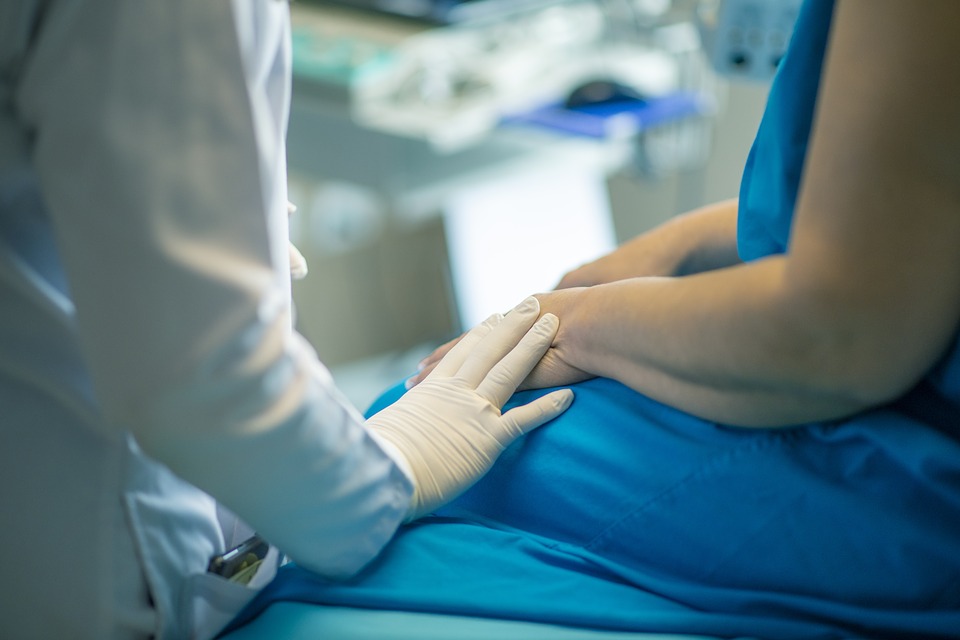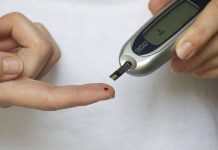Menopause is a time of significant change for women. A result of this process can be painful urination related to differences in the bladder from when the body was younger. There are symptoms that can be uncomfortable yet a normal component of the process, but there can also be symptoms that are more serious and need to be addressed by a medical professional.
In both instances, there are treatments available for menopause health risks that can alleviate uncomfortable or painful symptoms.
Is Painful Urination a Symptom?
Painful urination during menopause can be a symptom of this stage, but it is not the same problem as a urinary tract infection. Painful urination can accompany the loss of bladder control and/or a feeling of constantly having to go without really having to. These problems can be explained by hormonal as well as physical changes in a woman’s body.
What Causes Painful Urination?
Urogenital atrophy, which occurs when the urinary tract begins to weaken, is an expected result. It happens as estrogen is reduced and pelvic organs and tissues lose their ability to regulate functions such as urination. This is because the pelvic muscle weakens and the lining of the urethra thins.

Additionally, the bladder has large amounts of estrogen receptors that are losing their ability to process hormones. The loss of elasticity and volume in the bladder contributes to lessening function as well. This often results in symptoms of frequent urination, incontinence, itching or dryness, and urinary tract infections.
Urinary incontinence can be caused by damage as well. A condition called pelvic organ prolapse can be the result of too much stress during childbirth. This can be characterized by one or more organs of the pelvic region dropping down into the vagina. The atrophy, or loss of muscle mass, includes both the vagina and the urinary track, and is responsible for the organ’s inability to hold itself in place. This can also reflect damage to the muscles of the pelvic floor.
When to Worry?
“Urinary tract infections are commonly treated with antibiotics as bacteria is now in the bloodstream. The risk of this begins to increase around five years after your final period.”
While most of these symptoms are uncomfortable, urinary tract infections can be dangerous. They happen more often in older women, because bacteria travels more easily to your bladder as the tissue of the urethra thins. The amount of bacteria in the genital area increases as well.
Urinary tract infections are commonly treated with antibiotics as bacteria is now in the bloodstream. The risk of this begins to increase around five years after your final period.
When to Call Your Doctor
“Consulting your doctor to treat symptoms can ease the period of transition that can cause feelings of distress.”

Painful burning when urinating along with a fever or chills are indicators you should contact you doctor. If you feel the need to urinate often and urgently, but there is no urine to eliminate, this is another symptom of a problem. Blood in your urine is also a reason that medical evaluation is needed. Dark or cloudy urine is also reason to be concerned.
Back pain above where your kidney is an important signal not to ignore as it generally means that the infection is getting worse. If someone is experiencing any of these symptoms, they should contact their doctor.
The expected menopause health risks that are uncomfortable yet normal may be able to be treated as well. Consulting your doctor to treat symptoms can ease the period of transition that can cause feelings of distress.
Symptoms of urinary atrophy that can be evaluated for treatment include incontinence caused by the stress of laughing or coughing and loss of bladder control before reaching a restroom. A medical professional can also treat symptoms of vaginal atrophy that include painful intercourse and dryness, itching and burning in the vagina.
Natural Remedies to Ease Painful Urination
“Abstaining from alcohol and caffeine in excess and staying hydrated are important to more consistent functioning of the bladder.”
There are steps that can be taken to help ease the discomfort of painful urination that is a result of these changes. There are medications that can be prescribed, but there are also natural remedies available to support the health of the urinary track.

Abstaining from alcohol and caffeine in excess and staying hydrated are important to more consistent functioning of the bladder. Strengthening the muscles of the pelvic floor is also beneficial to maintaining control and avoiding urinary incontinence and can be worked on with Kegel exercises.
Additional treatments for atrophy related to menopausal change can address the lack of estrogen, which is the primary cause of deterioration. Hormone treatments may relieve symptoms and can be taken orally or applied to the skin in a cream, yet are not appropriate for all suffering from painful urination during menopause. For such patients, vaginal moisturizers and lubricants can be used to ease symptoms. Non hormonal treatments may include taking precautionary measures such as abstaining from alcohol and caffeine and staying hydrated, but there are medical procedures available as well.
Menopausal symptoms can be physically and emotionally challenging. While many symptoms can be expected, problems such as urinary tract infections require medical evaluation. Treatments are available to ensure your health and well being and can be discussed with a health professional who has expertise in the area. Consult your care provider to receive help in navigating this process.
Sources & References:
https://www.healthline.com/health/menopause/symptoms-signs
https://urogyn.coloradowomenshealth.com/patients/library/menopause-urinary-symptoms
https://www.verywellhealth.com/menopause-vaginal-urinary-tract-changes-3520881





















